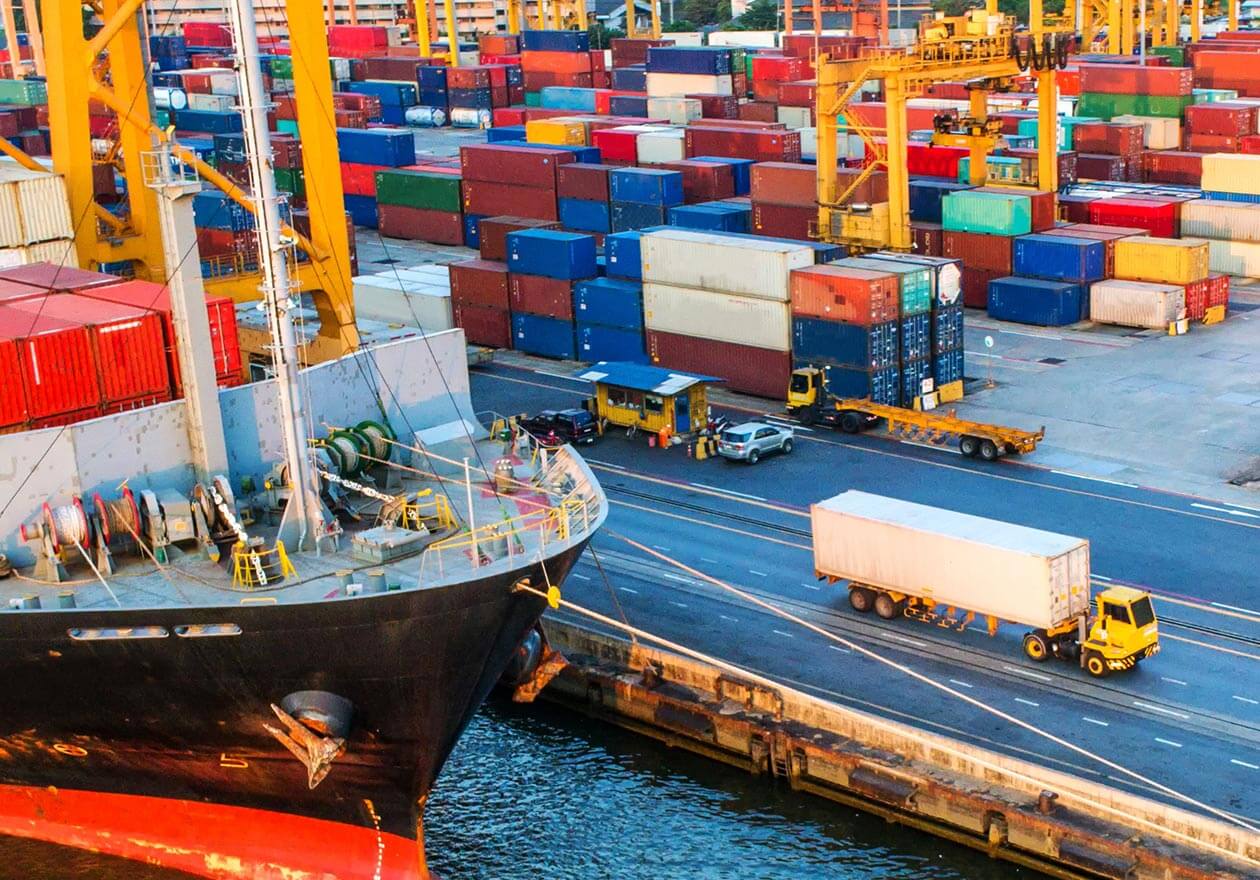
Transmodal March 2025 Freight Update
Here are some of the top global supply chain stories happening right now.
Is the sale of CK Hutchison's Panama Canal port assets a signal of the increasing pressure the US is putting on Chinese global investments? While the company claims that the sale is nothing more than a business decision, it's seen as something else. A company trying to divest itself from Chinese influence on critical infrastructure at a time when conflict is only getting worse. Analysts predict more resistance to China's Belt and Road Initiative, with companies rolling back investments. Whatever the reason for the sale, it underscores the escalating geopolitical competition between the US and China and the pressure on countries aligned with the US.
Our take: Tariffs and the Panama Canal situation underscore how chaotic global supply chains appear to be getting. Transmodal can help importers understand their options regarding alternate sourcing locations and dealing with the disruption these issues are already causing.
Read more here.
At the recent S&P Global TPM conference, MSC CEO Soren Toft warned about the impact proposed U.S. penalties on Chinese-built ships could have on transatlantic trade. He suggests that container trade could be most affected, given a plan that could potentially add $1 million per call at each US port for each affected ship. It doesn't matter who the operator is, what matters is whether or not a vessel is Chinese made. He also predicts that carriers might unload as much cargo as possible in one port to reduce fees and that smaller US East Coast ports could see services canceled. The penalties could mean increased disruptions to transatlantic routes and broader implications for global trade in general.
Our take: Like the issues mentioned above, the US taking on Chinese dominance in shipbuilding will lead to more changes to supply chains. Logistics flexibility and resilience must be priorities for importers in the foreseeable future.
Read more here.
The Institute for Supply Management (ISM) reports that the manufacturing sector has seen gains for the second consecutive month. The Purchasing Managers' Index (PMI) registered 50.3 in February. Ten manufacturing sectors grew, five contracted, and several other metrics reported mixed results, with New Orders falling significantly and Prices increasing faster. As the trade war escalates, tariff concerns remain a factor with implications on supply chains and cost structures. Despite the small gains, the manufacturing economy continues to face challenges thanks to the uncertainty tariffs are causing.
Our take: The domestic logistics industry has faced a tough time in recent years with demand low and rates lower. This has been a boon for shippers regarding shipping costs for TL and LTL. It's yet to be seen how the global issues taking shape will impact local logistics, but it's important to prepare for volatility in any event.
Read more here.
